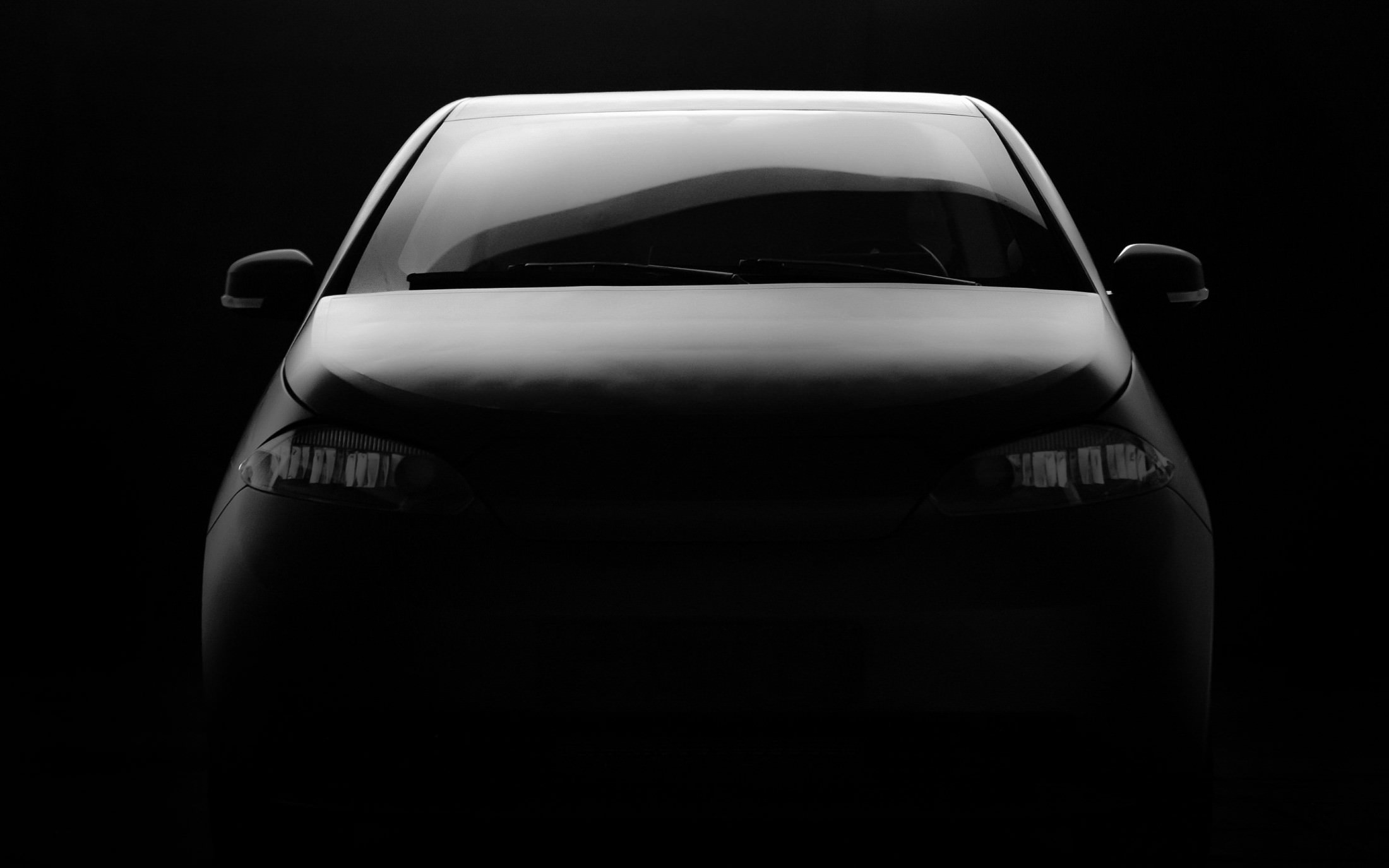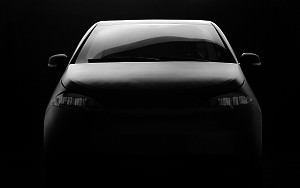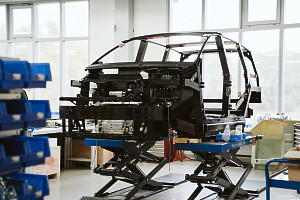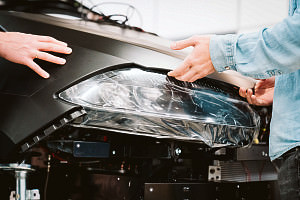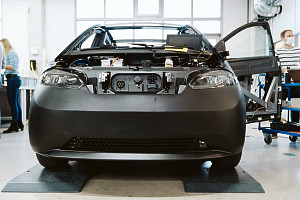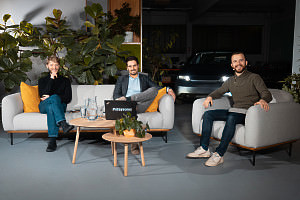After a year of development, Sono Motors is setting an important milestone towards series production.
The founders of Sono Motors announced this to their reservation holders and supporters in a live stream held on Thursday, December 10.
The new generation of prototypes will be unveiled at one of the world’s largest technology trade shows, the Consumer Electronics Show (CES).
11th December 2020 – Solar mobility provider Sono Motors announced the launch of the new prototype generation of its solar electric car, the Sion. The company held a live online session for their reservation holders and other supporters. The development of the vehicles was funded by one of Europe’s largest crowdfunding campaigns, which the company successfully carried out in January 2020. Backed up by new financial resources and the support of the community, Sono Motors started the new prototype project at the beginning of 2020.
Within one year, the company built the next prototype generation of the Sion. This new prototype demonstrates the progress the company has made in terms of development during a time of global transformation caused by the COVID-19 pandemic. “For the first time, we integrated parts in a prototype that will also be installed in the series vehicle.” says Denis Azhar, Sion Group Lead at Sono Motors. “The successful assembly is the result of strong partnerships with suppliers and employees from the facility in Roding.” By manufacturing these prototypes, Sono Motors is taking another major step towards series production.
A Clear Vision and Agile Mindset During the Pandemic
The construction phase of the prototypes coincided with the COVID-19 pandemic that affected the entire automotive industry. Only a few weeks into Sono Motors’ newly funded project, the company had to adapt its processes in line with the unprecedented situation.
By keeping its vision clear and collaborating in agile structures, the Sono Motors team was able to adapt and continue its work.
It spent the year relentlessly working to achieve the planned milestones for its second prototype in 2020: the program restart in spring, CAD handover in summer, and the completion of the second prototype generation in winter.
Cofounder and CEO of Sono Motors Laurin Hahn says: “Our work reality has changed completely due to COVID-19 but our vision has not. In the midst of a global health and economic crisis, we have focused even more on our vision – determined to alleviate another global crisis, global warming.” “The successful completion of the crowdfunding campaign has made us aware once again that we have created an unstoppable movement that people are willing to support with compassion and confidence. This gave us the energy to continue our work more committed than ever,” adds cofounder and CEO Jona Christians.
The CES – Stage for Innovative Technology
The founders stated that this next generation of prototype vehicles will be released to the public at the CES, one of the world’s largest and most important trade fairs for representatives of the electronics industry.
For more than 50 years, the CES has been the global platform for numerous innovations from the tech industry. As an innovative company, Sono Motors wants to harness the international attention of the trade show in order to present its technology to a wider audience and get feedback.
In 2021, the CES will be completely digital for the first time. This new setup will allow the exhibitors and visitors to attend safely within the context of the COVID-19 measures. The CES will take place from January 11 to 14, 2021.
Sono Group N.V. (OTCQB: SEVCF) is on a pioneering mission to accelerate the revolution of mobility by making every vehicle solar. Sono Motors’ disruptive solar technology has been engineered to be seamlessly integrated into a variety of vehicle architectures — including third-party OEM cars, buses, refrigerated vehicles, and recreational vehicles — to extend range and reduce fuel costs as well as the impact of CO2 emissions, paving the way for climate-friendly mobility.
